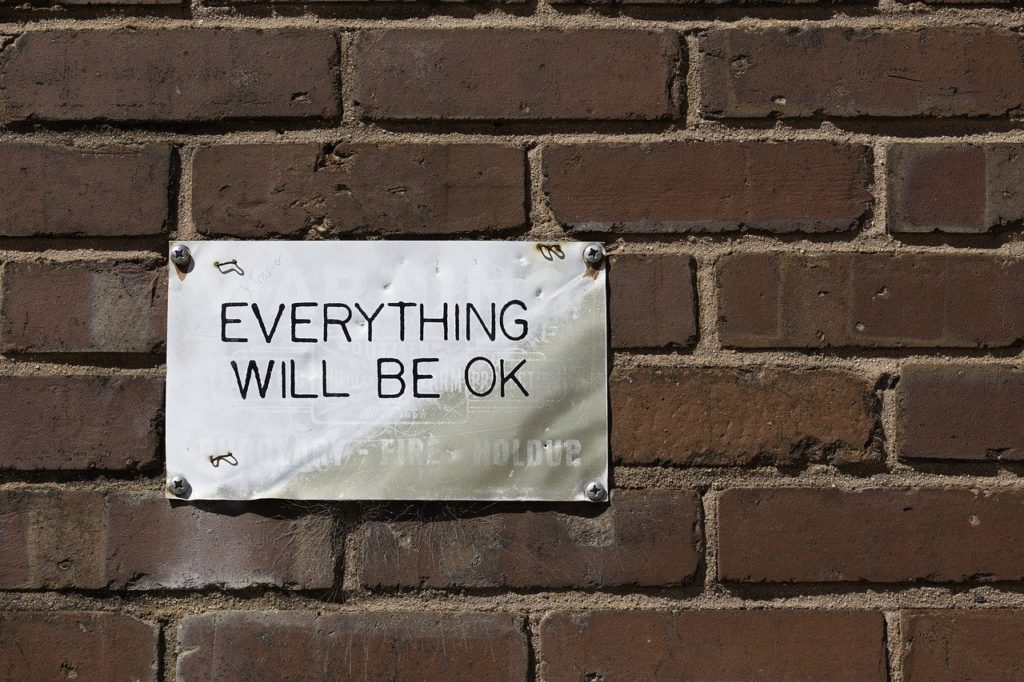
Build Stress Resilience
How do you build stress resilience?
You build stress resilience the same way you build muscles (or, in fact, the way you achieve anything in life): through practice.
- You lift a weight that’s just a little bit hard for your body to handle.
- Your body rises to the challenge.
- You give yourself time to rest and rebuild.
- Then you repeat with a slightly heavier weight.
How can you apply this principle to building resilience to stress?
Any time you put yourself into a situation you’re uncomfortable with in any way, you’re creating stress. Then, in resolving the situation and allowing your physiology to return to a steady state, you’re giving yourself the time to rest and rebuild. For example:
- If you breathe slowly and prolong your exhale, the level of carbon dioxide in your blood will creep up. Your brain hates too much carbon dioxide. Your body always wants to be sure that its next breath is coming, and you’ll yearn to begin taking in oxygen again as soon as you can. It’s stressful to slow down your breathing! So by performing this type of exercise, you’re training yourself to manage a higher level of stress.
- If you reach out emotionally to another person, you’re taking a risk. It can take as simple a form as greeting a stranger on the street. Perhaps your efforts will meet with a cool response, or even worse, that other person might not like you, or respond in a way that embarrasses you. That’s stressful! Yet by practicing emotional vulnerability, you’re building your resilience to the stress of social rejection.
- If you run a half mile further than you’ve ever run before, you’re challenging your heart, lungs, and muscles. You’ll also be firing up the metabolic machinery that breaks down all the chemical by-products of muscle activity. You might also be challenging the mental apparatus that’s got a pre-conceived idea about how far you’re able to run. That’s stressful! But just like in all the other examples listed here, your body will build its stress resilience.
The key is that external stressors don’t cause harm in and of themselves. The negative health effects of stress only occur when your body can’t adequately handle the situation and return to a calm, relaxed baseline. You can’t avoid being exposed to external stressors. Life happens. But you can build stress resilience.
Dr. Lavine has authored over 300 articles on health published on his blog Your Body of Knowledge: https://www.askdrlavine.com/blog/







Responses